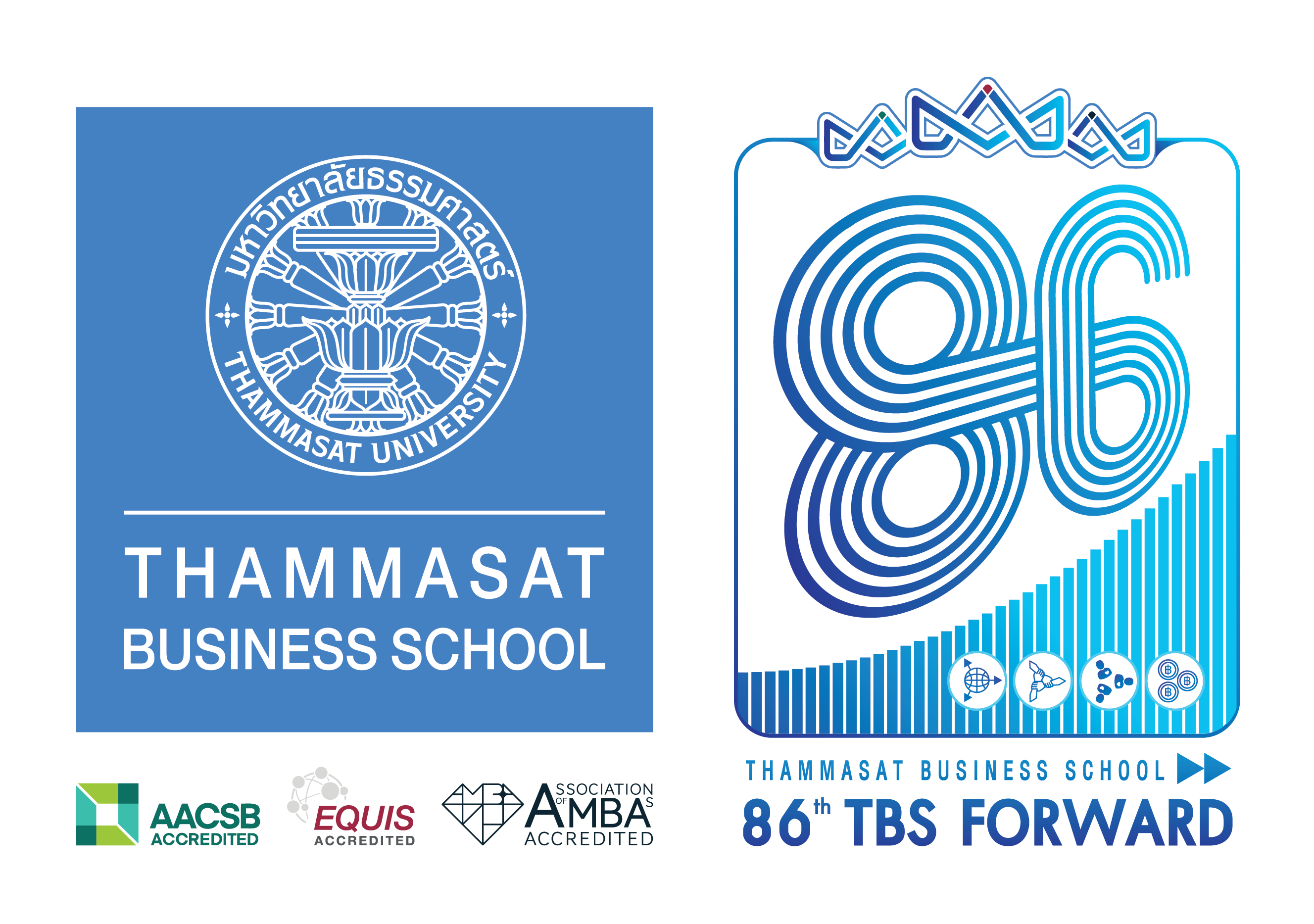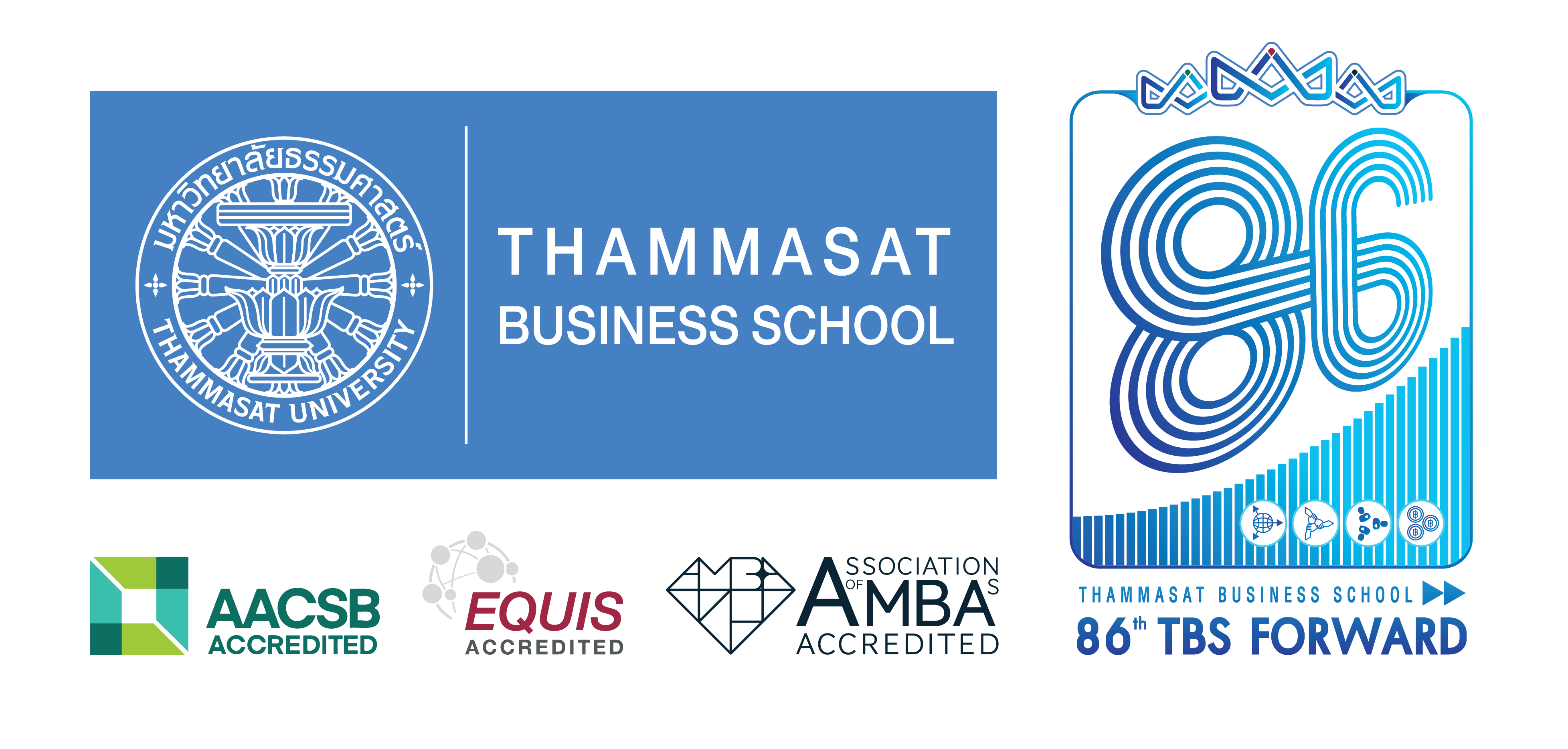
Before the COVID-19 pandemic, the world of work was volatile, uncertain, and ambiguous. COVID-19 has amplified these tendencies while bringing new challenges.
Associate Professor Dr. Chaturong Napathorn, a full-time lecturer at Thammasat Business School, Thammasat University, has summarized four tangible changes to the way we work that have emerged in the wake of COVID: 1) working from home, 2) the rise of artificial intelligence (AI) and adaptive automatic systems, 3) growth of e-commerce and 4) rise of the ‘gig’ worker.
1) Even though there is now a large measure of relief from COVID-19, many people have still not returned to the office. Work-from-home practices continue to be embraced by organizations wanting to cut costs as well as to provide more flexibility to their personnel, who have grown to expect better work-life balance.
2) AI and adaptive automatic systems, long promised, started to emerge not long before the pandemic occurred, and have become a major feature of applied technology. A common example of this is the now ubiquitous use of AI to screen resumes at the primary stages of the recruitment process.
3) E-Commerce platforms played a crucial role during serial lockdowns and periods of social distancing. People relied much more on online services, fuelling huge growth in e-commerce among working populations.
4) A gig worker is an independent or freelance worker who contracts their services to a variety of different organisations. These workers often engage in different kinds of jobs at the same time, giving them a lot of freedom than traditional employees.
According to Dr. Chaturong, COVID-19 has been accompanied by a ‘Great Resignation’ across many countries. Having had the opportunity to review and revise their thoughts about what they truly want in their lives, people are opting out of their current employment. For some, working from home has restored a balance between work and life to many people, promising them more flexibility. Others have realized how drained of energy or burnt-out they had become in their jobs.
In Thailand, the ‘Great Resignation’ has had major impact, according to studies of many organizations. The number of resignations has risen continuously since 2021, especially in medium-size businesses and SMEs. Leading organizations have become more aware of the problems pose by the ‘Great Resignation’ and have tried different strategies to counteract the phenomenon and make their workplaces and conditions more attractive to workers.
This has led to an associated trend, called the ‘Great Return’, where people quit and then rapidly return to the workforce again, once they realise the problems of living outside the labour force. Some employees even ‘boomerang’ – resign and then seek to return to the same company again). Although the impact of the ‘Great Resignation’ is not as big in Thailand as it is in America, organizations should ignore the issue. They must continue to try new strategies to keep their best people. Understanding the main factors behind resignations- personal burnt out, lack of motivation, and discontent with compensation, welfare, benefits, and toxic office environments- will aid companies in tackling the problem.

Dr. Chaturong suggests that entrepreneurs should apply various methods to counter the crisis such as hybrid working, allowing people to work from home as well as in the office in each week; for example, three days in the office and two days from home. This way people can have more work-life-balance allowing them to cope the welfare challenges of our aging society; for example, looking after an elderly parent.
Improving corporate culture and creating a better and friendly environment can also be part of the solution for many firms. More importantly, organizations must pay more attention to staff wellbeing in aspects such as: 1) Compensation- employees should be able to plan and save money for retirement. 2) Physical health- proactive healthcare along with reduced expenses on medical fees. 3) Mental health- less stress to reduce mental health issues. 4. Relationships- positive social interaction between colleagues. Also, there must be training and development programs for new hires, as well as staff who need reskilling. Every employee should feel that there are growth opportunities appropriate for them. Having a multi-skilled team also benefits the management as it is easier to move or change positions according to the need. As Dr. Chaturong concludes, “Necessary skills or what we call ‘Soft Skill’ are not so soft anymore because they are, in fact, mandatory skills for work for everybody in the modern world.”
The ‘Great Resignation’ is forecast to continue for at least the next one to two years or until the labour market has rebalanced. This means that entrepreneurs and business owners must adapt their employment strategies, while employees must improve their own skills to survive in the transforming business environment.
Date: 30 กันยายน 2565










